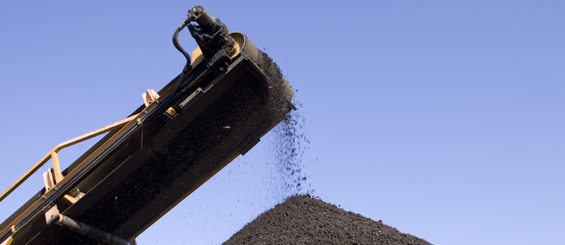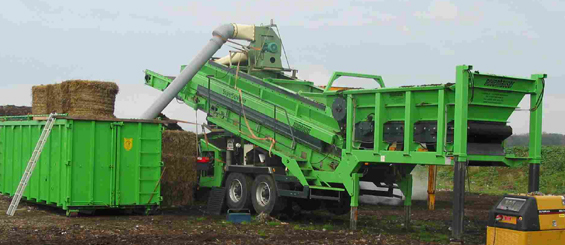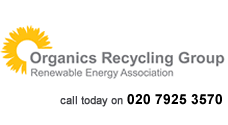Adverts
We have further work to do because revision of the EU Fertilisers Regulation is likely to happen as part of an expected, new Circular Economy Package
~ ~ ~ ~ ~ ~ ~ ~ ~ ~ ~ ~ ~ ~ ~ ~ ~ ~ ~ ~ ~ ~ ~ ~ ~ ~ ~ ~ ~ ~
Industry's March meeting with Defra
On 13th March REA, ADBA, ESA, a representative of ADOWG and a technical advisor from WRAP met with Defra to discuss EU Fertiliser Regulation issues. Discussions included points of concern arising from what was known of the Commission's intended proposals. Defra's Dr Murray Hart is the UK Member State's representative at Commission meetings about revision of this EU regulation, the most recent one having taken place on 16th March. The European Compost Network and European Biogas Association have been representing composting and AD industry interests at the meetings. Based on these trade associations' feedback about this latest meeting, the REA informed members that the Commission's work on the proposals had halted but they were exploring different possibilities for including organic fertilisers in a future revision of the EU Fertilisers Regulation (click HERE for the story).
Defra's feedback after March meeting of Comission's working group
Since then, Defra has communicated that although the Commission said that it would not be proceeding with revising the EU Fertilisers Regulation to the timetable intended, this does not mean that its proposal has been abandoned. Rather, it seems that a further delay is likely. Defra's understanding is that Commission proposals may still come to be published but it is not yet clear in what form. For example they may appear as Amendments to Technical Progress on the Regulation [such as additions to the fertiliser types covered] rather than a full revision or they may appear as part of a revised Circular Economy Package later in the year. The Commission's main aim is to achieve full harmonisation of the fertilisers market across the EU and revision of the EU Fertilisers Regulation would fit very well with the Circular Economy Package.
Next steps
Whatever the case, Defra's advice to those who attended the meeting on 13th March is to continue as planned and to raise concerns about the implications arising from what we understand so far. This is with the expectation that they will appear in some form in due course.
Actions agreed on 13th March were:
- Defra to write to its opposite contacts on biowaste and AD/Digestate to raise concerns and to clarify views.
- REA and ADBA, with advice from WRAP as appropriate, to provide an indication of the potential business and environmental risks arising from what is known of the proposals, recognising that a detailed impact assessment is not practical or appropriate at this stage.
- REA and ADBA to lobby MEPs as appropriate regarding their concerns and encourage them to raise these with the Commission.
Defra is considering inviting Commission officials over to the UK in May or early June for face-to-face discussion of the issues. It is anticipated that the Commission will make a decision in mid-2015 about what should be done next.
As a priority for impact assessment, REA now re-invites members to provide feedback asap about how they are processing animal by-products. Please click HERE for details.
Latest news
On 28th April REA received information originating from the European Federation of Waste Management and Environmental Services (FEAD).
In a bilateral exchange between FEAD and a Commission official, it was revealed that it is most likely that the Commission will present a legislative proposal to revise the EU Fertilisers Regulation as part of its new Circular Economy Package (expected for the end of this year).
The proposal would build on the work done so far and follow the lines of the approach presented by the Commission's relevant team in December, which includes elements from the JRC report on end of waste for compost and digestate and allows waste-derived fertilisers to be CE-marked if they fulfil the essential safety, quality and labelling criteria.
Referring to a recent EUWID article, FEAD noted that it 'refers to nutrient recovery from sewage sludge, but that DG Growth [the Commission's relevant team] said that sewage sludge would be exempted from the Regulation, and what is actually referred to is e.g. struvite and biochar, for which the Commission intends to ask the JRC [Joint Research Centre] to develop recovery rules, in order to include them in the scope of the Fertilisers Regulation at a later stage. There are also rumours that the Commission may go back to the idea of a positive list of input materials, in order to meet the concerns of some Member States.'
Further details were discussed in an inter-service meeting (of the CommissionâÂÂs Directorates General working on this file) on 28th April. We will keep you updated on further details, when they become available.
REA members and BCS and CCS participants are welcome to contact Emily Nichols (emily@r-e-a.net, 07771 556231) to discuss the issues.
Webpage published: 23/04/2015. Last updated: 06/05/2015.
visitor comments
Members' Area
Become a Member!
Join the Organics Recycling Group at the Renewable Energy Association by clicking below.
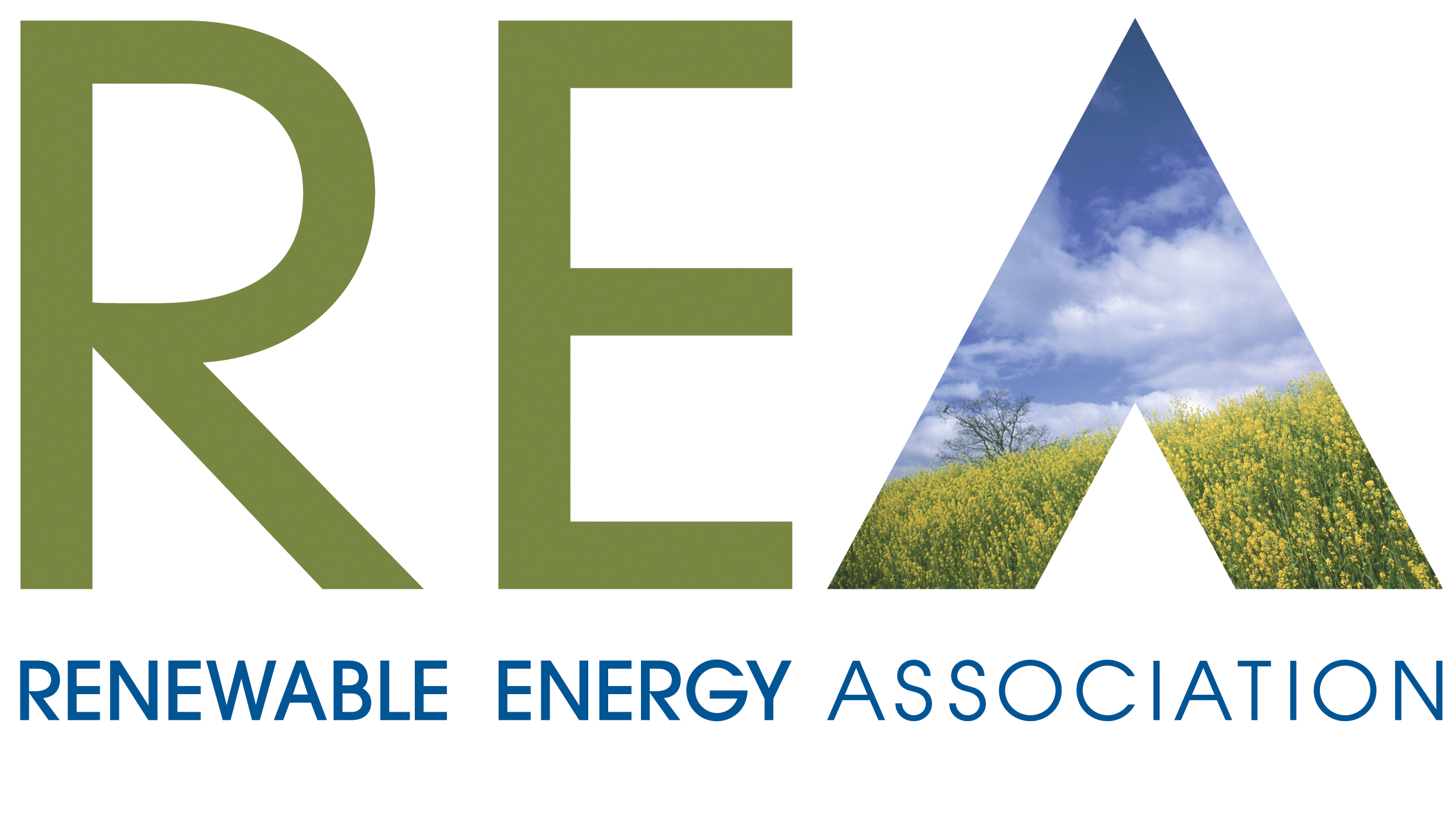



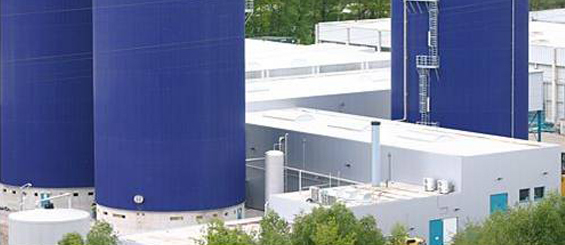
.jpg)
